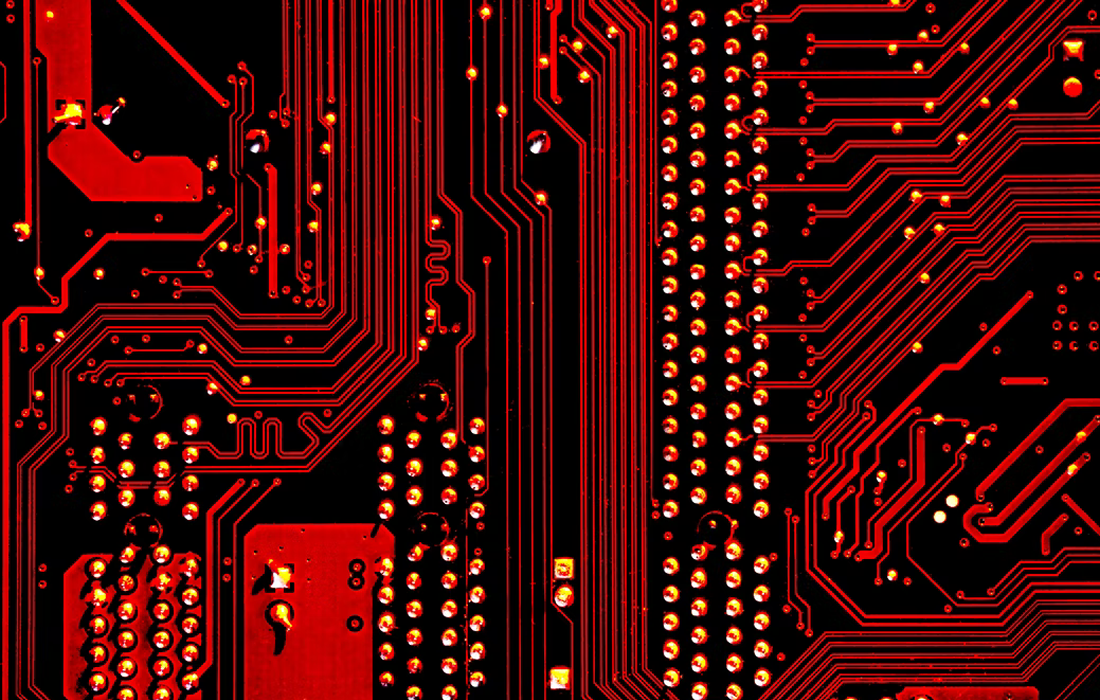Regenerative Medicine News and General Information
Artificial Intelligence Used to Predict If and When Someone Will Experience Cardiac Arrest
Scientists from Johns Hopkins University have developed an artificial intelligence-based approach to predict if and when a patient could die of cardiac arrest. The technology was built on raw images of patients’ diseased hearts and patients’ backgrounds, and can significantly improve doctors’ predictions and stands to revolutionize clinical decision making and increase the survival rate of sudden and lethal cardiac arrhythmias.
The study results appear in the journal Nature Cardiovascular Research.
According to senior author Natalia Trayanova, sudden cardiac death caused by arrhythmia accounts for as many as 20% of all deaths worldwide and we know little about what causes it and how to tell who’s at risk.
The team used neural networks to build a personalized survival assessment for each patient with heart disease. Their risk measures can provide with high accuracy the chance of sudden cardiac death over 10 years.
The technology is called Survival Study of Cardiac Arrhythmia Risk (SSCAR), and it alludes to the cardiac scarring that heart disease causes that could lead to lethal arrhythmias. The team used imaging studies from hundreds of patients to visualize scar distribution and train the algorithm to detect patterns not visible to the human eye.
The algorithm was also trained to learn from 10 years of standard clinical patient data, including factors such as age, weight, race, and drugs prescribed. The predictions of the algorithm were significantly more accurate on every measure than doctors and were validated in tests with independent patient cohort from 60 health centers across the US.
The same team is working on developing other algorithms to detect different cardiac diseases.
These types of algorithms, using deep-learning technologies could become the standard of care one day in clinical practice.
Source:
Jill Rosen. (2022, Apr 7). AI PREDICTS IF AND WHEN SOMEONE WILL EXPERIENCE CARDIAC ARREST. HUB. Johns Hopkins University. Retrieved from:
https://hub.jhu.edu/2022/04/07/trayanova-artificial-intelligence-cardiac-arrhythmia/
Image from:
Photo by Michael Dziedzic on Unsplash

